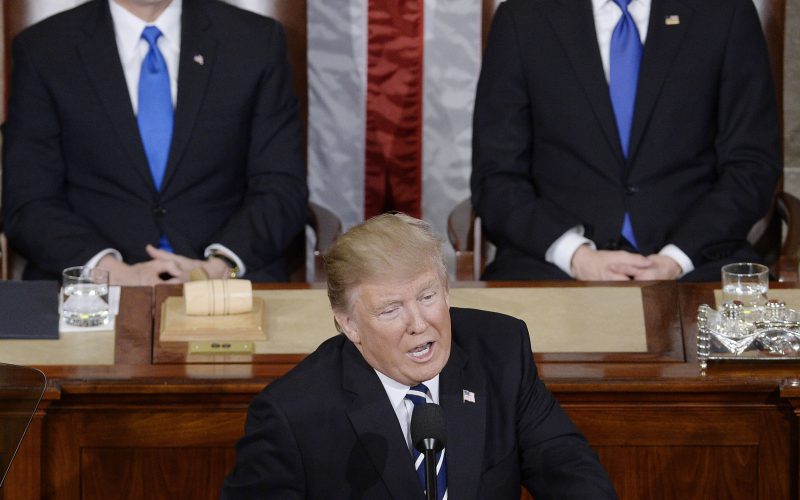
On March 10, the Department of Housing and Urban Development withdrew a survey proposed in the Federal Register meant to assess the efficacy and replicability of HUD-funded programs to address LGBTQ youth homelessness. On March 6, the Department of Health and Human Services proposed ending the collection of data on LGBTQ individuals with disabilities, removing questions on LGBTQ demographics from the Centers for Independent Living Annual Program Performance Report survey. On March 6, a week after Trump called on lawmakers to repeal the Affordable Care Act during his address to Congress, House Republicans released a proposal to replace the ACA with a law that would end the Medicaid program as we know it and defund Planned Parenthood. On March 6, Trump signed a revised executive order restricting travel to the United States by citizens of Iran, Libya, Somalia, Sudan, Syria, and Yemen and drastically cutting back refugee admissions. On March 6, the Department of Justice withdrew its motion for a preliminary injunction against North Carolina’s anti-transgender HB 2 law. The district court subsequently rejected the position of the Sessions Justice Department and concluded the law was passed with discriminatory intent. On February 27, the Department of Justice dropped the federal government’s longstanding position that a Texas voter ID law under legal challenge was intentionally racially discriminatory, despite having successfully advanced that argument in multiple federal courts. On February 23, Attorney General Sessions withdrew an earlier Justice Department memo that set a goal of reducing and ultimately ending the department’s use of private prisons. On February 22, the Justice Department’s Civil Rights Division and the Department of Education’s Office for Civil Rights jointly rescinded Title IX guidance clarifying protections under the law for transgender students. The guidance drastically increased the use of expedited removal and essentially eliminated the priorities for deportation. On February 21, the Department of Homeland Security issued a memo updating immigration enforcement guidance, massively expanding the number of people subject to detention and deportation. On February 17, DeVos issued a statement blaming the previous administration for neglecting the site. Patty Murray and Maria Cantwell of Washington wrote to Education Secretary Betsy DeVos after the centralized resource website for the Individuals with Disabilities Education Act (IDEA) became inaccessible to the public for more than a week. On February 9, Trump signed three executive orders “to fight crime, gangs, and drugs restore law and order and support the dedicated men and women of law enforcement.” The orders, though vague, were viewed suspiciously by civil rights organizations. The Leadership Conference on Civil and Human Rights opposes this resolution. 57, a resolution under the Congressional Review Act to overturn a Department of Education accountability rule that clarifies states’ obligations under the Every Student Succeeds Act. On February 7, the White House issued a Statement of Administration Policy supporting H.J. On February 3, FCC Chairman Pai revoked the Lifeline Broadband Provider (LBP) designations for nine broadband service providers, reducing the number of providers offering broadband and thus decreasing the competitive forces available to drive down prices. On February 3, the FCC rescinded its 2014 Joint Sales Agreement (JSA) guidance, which had led to the only increase in television diversity in recent years. The order was viewed as Trump’s opening attack on consumer protection laws. financial system and calling for a 120-day review of existing laws, like the Dodd-Frank Wall Street Reform and Consumer Protection Act. On February 3, Trump signed an executive order outlining principles for regulating the U.S.

On January 31, under new Chairman Ajit Pai’s leadership, the Federal Communications Commission refused to defend critical components of its prison phone rate rules in federal court – rules that were ultimately struck down in June. On January 27, Trump signed an executive order – the first version of his Muslim ban – that discriminated against Muslims and banned refugees. Since Trump took office in January 2017, his administration has worked aggressively to turn back the clock on our nation’s civil and human rights progress.


 0 kommentar(er)
0 kommentar(er)
